For millennia, spiritual traditions worldwide peered inward, seeking to illuminate the hidden contours of the human psyche. Their sophisticated frameworks evolved to heal afflictions of the soul. The birth of modern psychology brought scientific rigor to this ancient quest for self-knowledge. Yet, as mainstream psychology drifted towards mechanistic and behavioral models, crucial connections to the soul were lost. The value of psychodynamics in spiritual work is that it connects personal development with ancient wisdom in the inner world for modern seekers.
Part I: The Ancient Wisdom on the Mind and Emotions
Since ancient times, spiritual traditions developed sophisticated understandings of the human psyche and emotions using the language and frameworks of their eras and cultures.

Shamanic Traditions and the Psyche
Shamanic traditions understood the human mind and psyche long before the advent of modern psychology.
- African shamanism had techniques to exorcise harmful spirits thought to cause mental disturbances. Shamans entered trance states to travel to spiritual realms and restore well-being.
- Native American shamans conducted rituals like the vision quest to foster a connection with animal spirits, guide the tribe, and heal psychological issues. Peyote and other plant medicines were used to induce altered states.
- In Tibet and Mongolia, Bön shamans predated Buddhism. They emphasized soul retrieval, psychic powers, dream work, and manipulations of energy/spirits to heal patients.
- Shamans across cultures underwent initiatory illnesses and ego disintegration. They harnessed expanded states of consciousness and psychic abilities in their healing work.
“A shaman is someone who has a sickness that will not kill them, and learns to use it to help others.” – Mongolian shaman saying.
(Click on Image)
Shamanic perspectives recognize psychological aspects in somatic, energetic, and spiritual dimensions beyond the conceptual mind. Their wisdom remains relevant for holistic healing today.

Tibetan Buddhism and the Nature of Mind
Tibetan Buddhism has a rich tradition of exploring the mind. The teachings of Padmasambhava, revered in Tibetan Buddhism as the founder of the Nyingma school, offer profound insights into the nature of mind and emotions.
Padmasambhava introduced the concept of “ordinary mind” and “wisdom mind.” He emphasized recognizing the luminous, expansive nature of mind beneath the turbid ordinary mind gripped by emotions and conflicts.
“The ordinary mind is the mind that has all of the conflicts, distractions, thoughts, and emotions in it. The wisdom mind is always there beneath it all.”
“In essence, mind is devoid of divisions into ‘good’ and ‘bad’. But when the mind is unskillful, even that which is good can be turned into the bad.”
(Click on Image)
Tibetan mythology associates various demons and spirits with psychological issues or afflictive mental states. Rituals like Chöd aimed to’ exorcise’ these entities by offering one’s body metaphorically as a way of facing and overcoming deep-rooted psychological patterns.
“The practice is to offer your own body in order to recognize that the deities and demons are not separate from yourself.”

The Mystery Schools of Egypt
The mystery schools of ancient Egypt taught initiates secrets related to the mind, soul, and the cosmos. They used symbolism, allegory, and ritual to impart esoteric knowledge for psychological and spiritual transformation.
“Man, know thyself, and you are going to know the gods.”
The Hermetic axiom ‘As above, so below’ hints at a correspondence between the macrocosm and microcosm, the universe, and the individual.

Ancient Greek Philosophy and Healing the Psyche
The ancient Greek philosophers developed a sophisticated understanding of the human psyche or soul (the word psychology derives from ‘psyche’ (soul)). They emphasized healing the soul’s ailments as central to flourishing.
Pythagoras believed that the soul was immortal and went through cycles of reincarnation until it was purified. He developed musical scales and contemplative practices to attune oneself to the harmony of the cosmos.
“Healing the soul is achieved through music, poetry, and philosophy.” – Pythagoras
Plato divided the psyche into three parts – reason, spirit, and appetite – which must be harmonious. The path was to overcome material illusions and align with the eternal Forms through dialectic inquiry and contemplation.
“The soul steered by reason is able to harness the dark horse of passions.” – Plato’s chariot allegory
Aristotle pioneered a functional psychology emphasizing the moderation of desires and emotions. His doctrine of the ‘golden mean’ advocated cultivating virtues and avoiding extremes.
“Educating the mind without educating the heart is no education at all.” – Aristotle
The Stoics developed cognitive therapies to treat destructive emotions like anger, desire, and anxiety. They focused on cultivating reason, self-control, and aligning oneself with the divine Logos.
“Happiness resides not in possessions but in the soul.” – Epictetus
Epicurus taught therapeutic techniques to overcome the fear of death and find contentment in simple pleasures. His atomistic physics aimed at freeing people from superstitions about the gods and the afterlife.
“To be calm and free, redirect your attention inward.” – Epicurus on ataraxia
The diverse Greek schools contributed immensely to the perennial quest for psychological healing and self-knowledge that inspires seekers and academics today.

The Desert Fathers: Contemplation and Inner Stillness
The Desert Fathers were early Christian hermits who sought spiritual renewal through solitude in the Egyptian desert in the 3rd century CE. Their sayings and teachings had a profound influence on Christian spirituality.
The Desert Fathers emphasized contemplation, silence, and wrestling with inner demons on the mystical path. Key themes include:
- Turning inward to confront unconscious material
- Developing detachment from thoughts and passions
- Cultivating stillness and “prayer of the heart.”
- Using scripture as an allegorical mirror to know oneself
“Go sit in your cell, and your cell will teach you everything.” – Abba Moses
“I never have any thought in my heart against anyone.” – Abba Isidore
The ascetic practices of the Desert Fathers influenced John Cassian and later Christian mystics and monastic traditions. Their psychological insights anticipate modern experiential therapies.
Gnosticism and Self-Knowledge
Gnosticism, an ancient spiritual belief system, emphasized self-knowledge as the path to ‘gnosis’ or “real knowledge.” The Gnostics saw self-ignorance and unconscious patterns as shackles preventing the realization of one’s true nature.
“If you bring forth what is within you, what you bring forth will save you.” – Gospel of Thomas

Sufism and the Psychodynamics of the Soul
Sufism, a mystical tradition within Islam, has an elaborate framework to understand the nuances of the nafs (self or soul). The Sufis speak of the levels of the nafs that range from the animalistic lower self (Nafs al-Ammara) to the spiritually accomplished self (Nafs al-Mutmainna).
(Click on Image)
“Know that the outward form passes away, but the world of reality remains forever.” – Rumi
The Sufis used stories, poetry, and music to impart wisdom aimed at the psycho-spiritual development of seekers. Sufi mystics like Rumi wrote extensively on the soul’s journey towards enlightenment.
Sufism and The Commanding Self
Sufism introduced the concept of the “Commanding Self” (Nafs-ul-Amara). This term refers to the mixture of primitive and conditioned responses that inhibit and distort human progress and understanding. Idries Shah, a prominent Sufi teacher, emphasized that the Commanding Self could be channeled toward worldly ambitions while continuing to study the Sufi Way in a modest and non-self-promoting manner.
“The Commanding Self can be seen as a sort of parasite, which first complements the personality, then takes over certain parts of it, and masquerades as the personality itself.” – Idries Shah
(Click on Image)
Christian Mysticism
Christian mysticism flourished with teachers like Meister Eckhart, who offered insights into spiritual psychology centuries before modern psychology was born.
The anonymous 14th-century text ‘The Cloud of Unknowing‘ reveals the struggles of the ego-mind in grasping spiritual truths that can only be realized through contemplative inner work.
“Yet in this darkness, a light is hidden, and the hidden light reveals itself when the soul is purified.”

Part II: The Birth of Modern Psychology
The late 19th century saw psychology emerging as a new scientific framework to study the human mind. While early psychology diverged from the spiritual understanding of the mind, the psychodynamic tradition retained connections to the deeper aspects of human nature.
Psychoanalysis: The Freudian Legacy
The psychoanalytic school founded by Sigmund Freud had a tremendous impact on understanding the human psyche. Core Freudian ideas like the unconscious mind, dreams, defense mechanisms, and psychosexual development continue to influence psychology.
Freud compared the mind to an iceberg and emphasized bringing the unconscious drives and desires into conscious awareness. This process of making the unconscious conscious became central to psychodynamic therapy.
Pioneers of Scientific Psychology
Thinkers like William James, Sigmund Freud, and Carl Jung founded the key schools of modern psychology.
William James’ monumental work ‘Principles of Psychology‘ (1890) examined the workings of the mind based on scientific experiments and observation.
Sigmund Freud‘s psychoanalytic framework highlighted the role of the unconscious, dreams, repression, and other revolutionary concepts.
“The mind is like an iceberg; it floats with one-seventh of its bulk above water.” – Sigmund Freud
Carl Jung emphasized the role of symbols, archetypes, and the collective unconscious that connected human psychology to universal patterns.
“Until you make the unconscious conscious, it will direct your life and you will call it fate.” – Carl Jung

Part III: The Evolution of Psychodynamic Psychology
While mainstream psychology moved towards behavioral and cognitive frameworks, the psychodynamic tradition helped to reconnect psychology and deeper aspects of how the human mind functions and relates to the world.
Object Relations Theory
In the 1930s and 40s, object relations theory emerged as an offshoot of psychoanalysis. Pioneers like Melanie Klein, Donald Winnicott, and others shifted the focus from biological drives to relational patterns and developmental processes.
The key idea in object relations theory is that early childhood experiences shape our mental representations of self and others. These inner ‘objects’ profoundly influence interpersonal relationships in adulthood.
“…the individuals’ first object relation, the relation to the mother, forms a ‘prototype’ for all later love relations.” – Donald Winnicott
(Click on Image)
Ego Psychology and the Sense of Self
Another influential psychodynamic framework emerged in the 1960s was ego psychology, pioneered by Heinz Kohut. It emphasized the development of a healthy, cohesive sense of self as critical for psychological well-being.
Kohut introduced the idea of ‘self objects’ – entities, people, and values experienced as part of one’s self and essential for self-development. Problems arise when these needs are not adequately met.
“The need for a selfobject is not the need for an external object.” – Heinz Kohut
Psychodynamics Today
While early psychodynamics had limitations, modern practitioners have reformulated and updated many of the foundational concepts and integrated them with research-backed therapies.
Psychodynamic principles continue to offer a valuable lens to understand emotional drives rooted in childhood experiences that shape our inner world. Integrating psychodynamic insights can uncover unconscious patterns that may be obstacles on the spiritual path.

Part IV: Psychodynamics in Modern Spiritual Teachings
Today, many spiritual teachers skillfully draw upon psychodynamic frameworks to help seekers work through emotional blocks and deep-seated conditioning on their spiritual journey.
A.H. Almaas: Spirituality and Object Relations
A. H. Almaas, the founder of the ‘Diamond Approach,’ is a pioneer in integrating object relations theory and spiritual practice. He emphasizes the value of psychodynamics and self-inquiry to work through emotional material and access deeper spiritual truths of one’s Being.
“Spiritual experience involves the whole of our being; it is not just restricted to our ethical side or our sense of expansiveness.”
Almaas believes engaging consciously with emotional conflicts helps develop a stronger, more grounded sense of presence and spiritual maturity.
Adyashanti: The Destructive Nature of Awakening
Adyashanti is a widely respected spiritual teacher who advocates intensive self-inquiry to realize one’s true nature. He employs psychoanalytic concepts like regression, projection, and transference to navigate challenges and powerful emotions that may arise during deep spiritual work.
“Enlightenment is a destructive process. It has nothing to do with becoming better or being happier.”
Adya views the intense upheavals of ego death as necessary steps in the spiritual process, requiring courage and relentless honesty with oneself. Integrating psychological knowledge supports this dissolution and rebirth.
Other Contemporary Psychodynamic Contributors
Other spiritual figures like Jeff Foster and Catherine Ingram incorporate psychological insights into their teachings.
Ken Wilber, Stanislav Grof, and others aim to integrate psychological and spiritual frameworks for human development. Integrating psychodynamics and spirituality is an evolving field with great potential to support comprehensive growth.

Psychodynamics offers a valuable lens to understand the unconscious forces shaping human experience. Integrating psychodynamic principles in spiritual work can accelerate self-knowledge by illuminating hidden inner patterns.
Psychological and spiritual frameworks aim to reduce suffering and unveil the ultimate nature of human beings. Using the complementary bridges wisdom from ancient contemplative traditions and modern psychological research.
This psycho-spiritual approach can facilitate lasting inner transformation beyond temporary states of calm or ecstasy. It supports unraveling the knots of the psyche to reveal the deepest truths of self and reality.
(Click on Image)

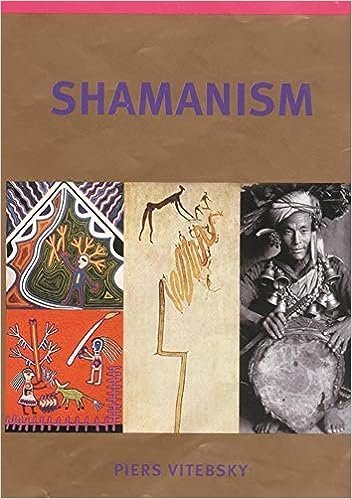
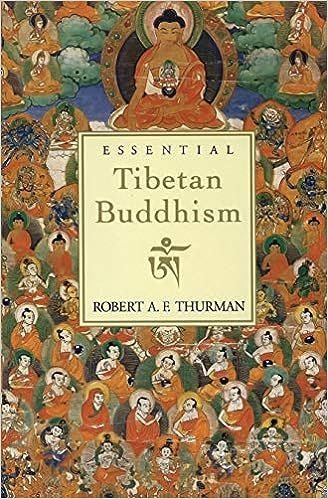
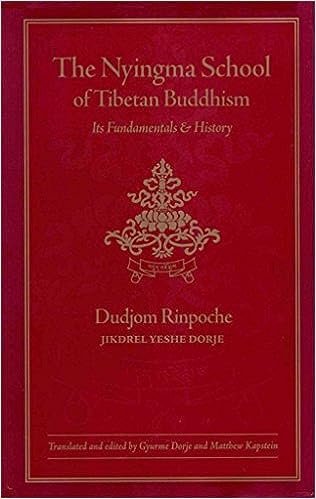
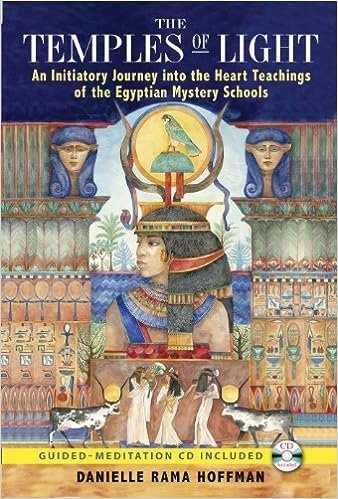
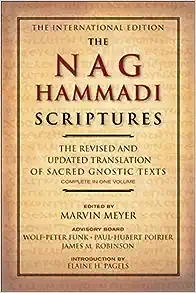
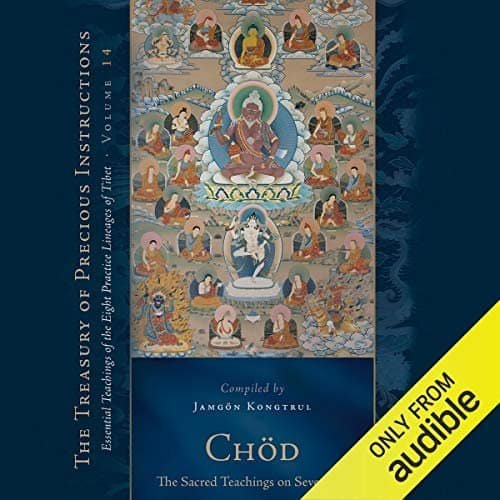
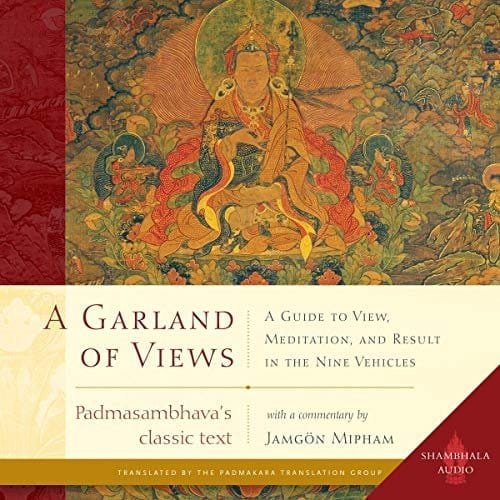
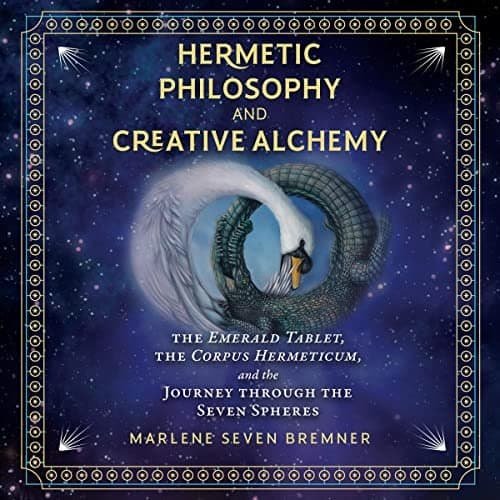
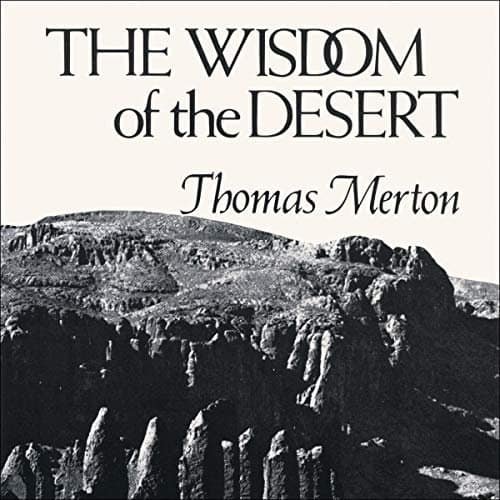
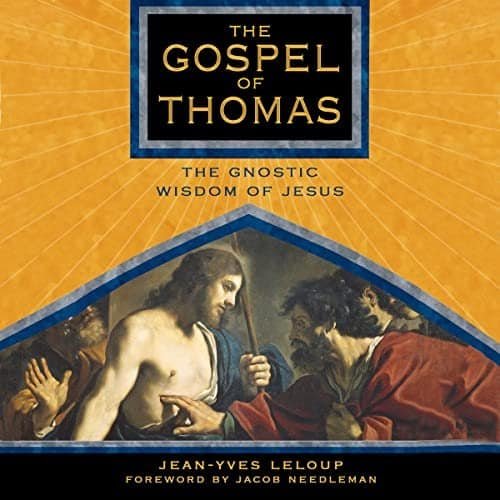
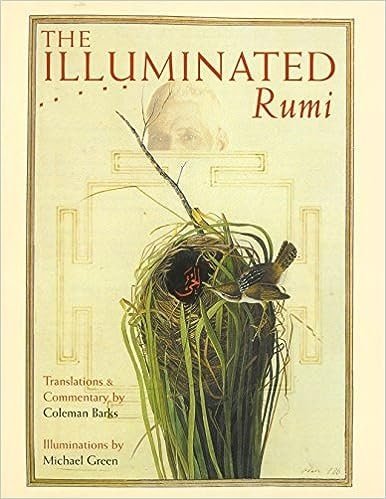
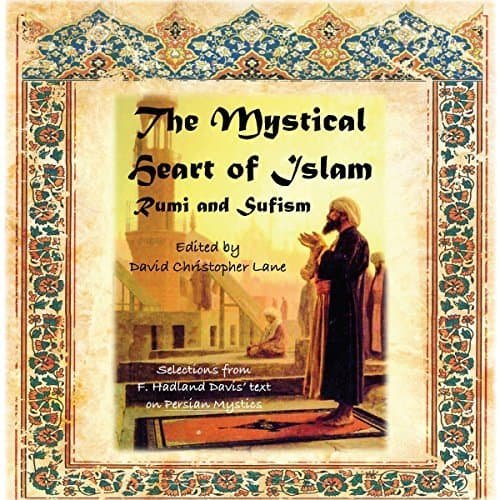

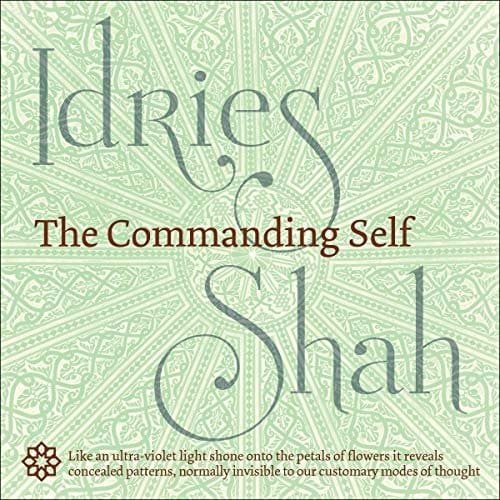
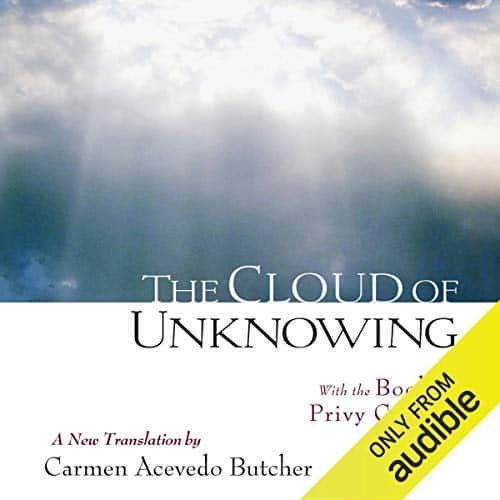

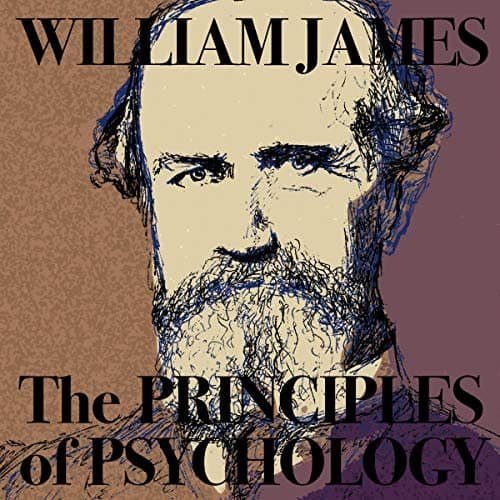
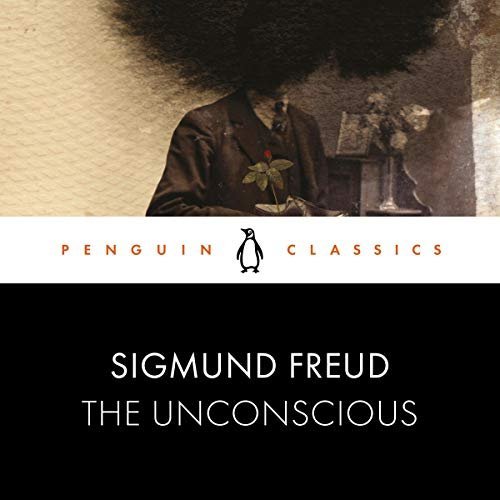

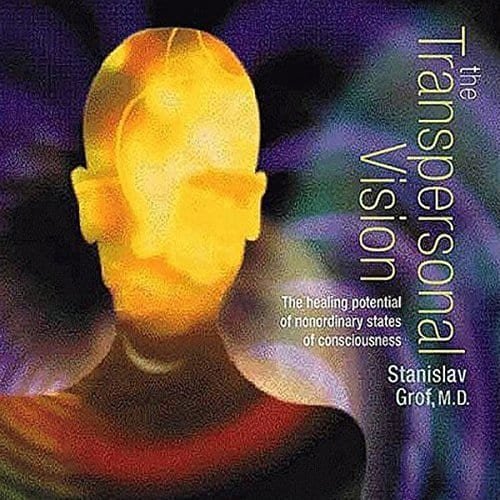


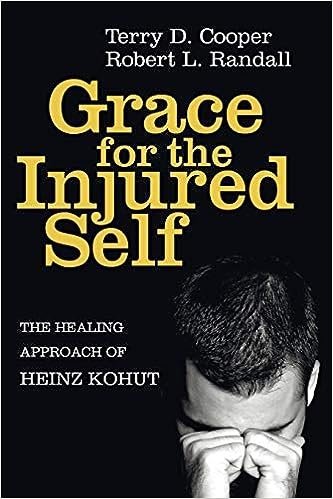


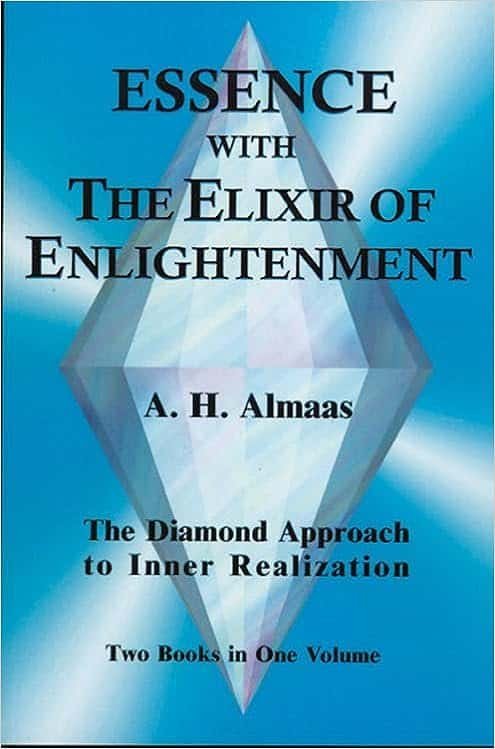
1 thought on “Understanding the Value of Psychodynamics in Spiritual Work”